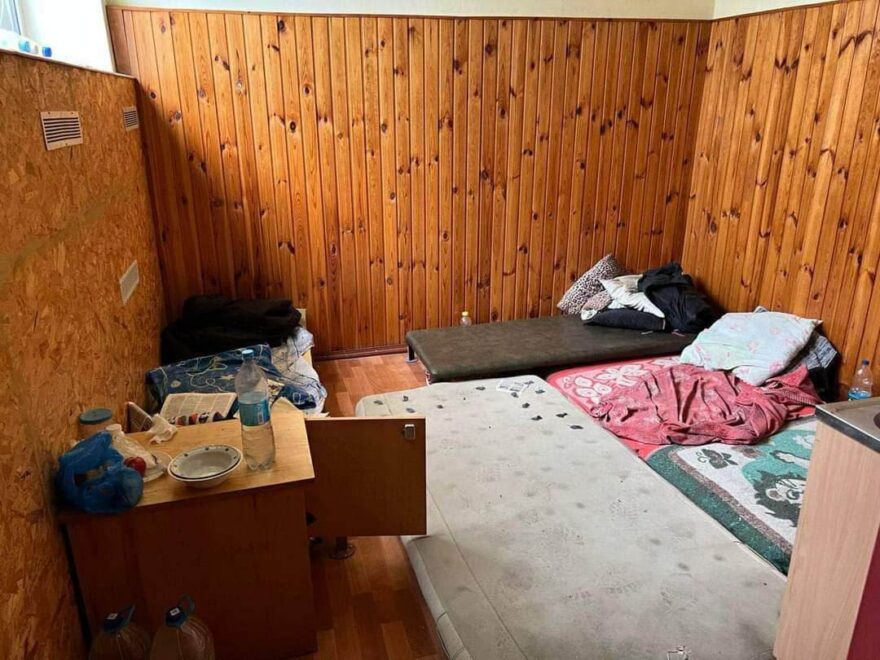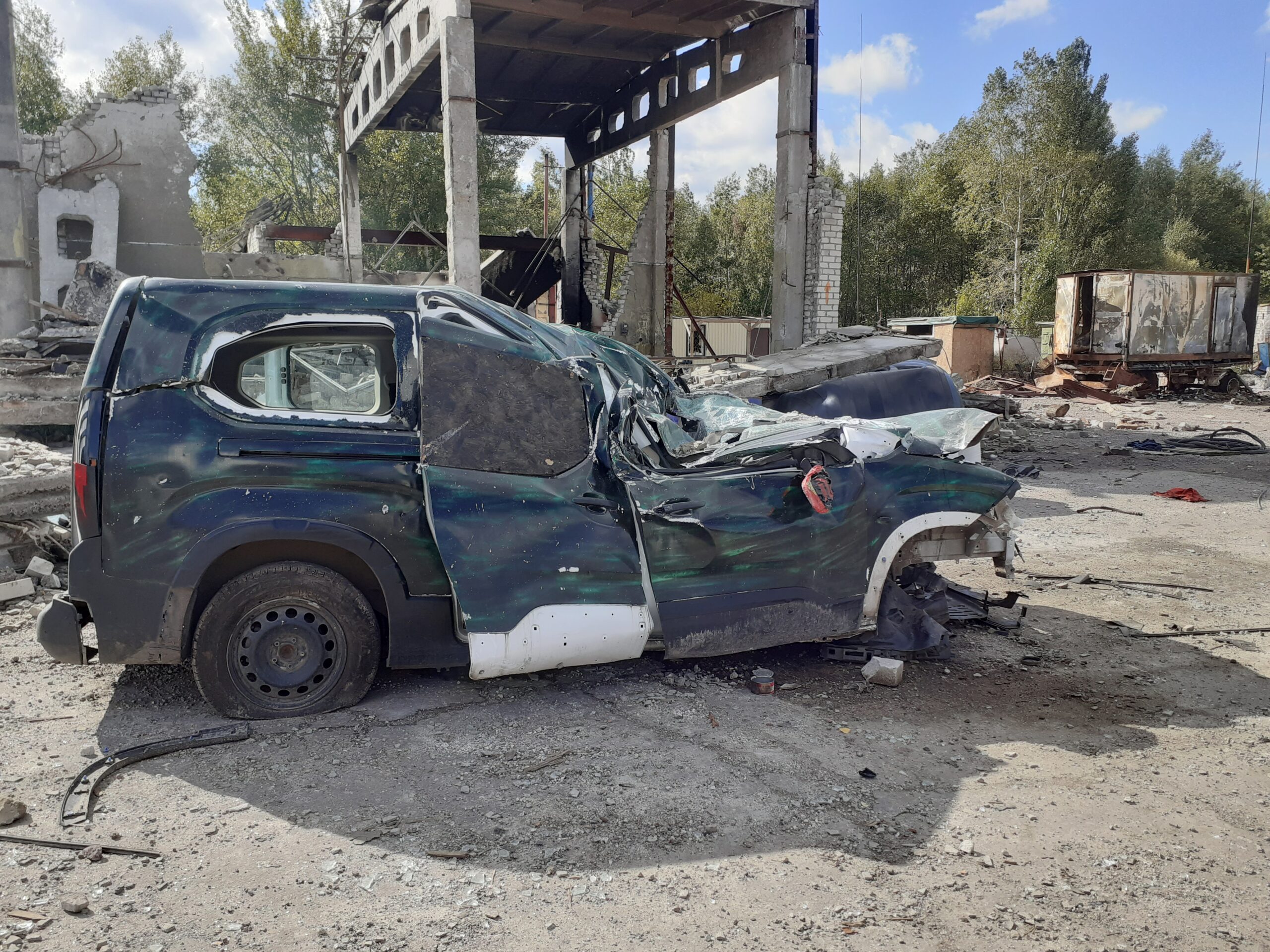On March 3, 2022, the Russian military invaded and gained control over the Ukrainian town of Balakliia. It became one of the first towns to fall under Russian occupation during the full-scale invasion in 2022. During more than six months of occupation, the town became a site of human rights violations and international crimes. Recorded evidence left behind by the Russian forces and interviews with victims and witnesses reveal unlawful detentions, torture, kidnappings and killings, among others.
The town’s liberation provided investigators with direct access to extensive, reliable evidence of the crimes. Materials collected by human rights organisations, including the Ukrainian NGO Truth Hounds, have been analysed and used as a basis for this report. The report describes grave human rights abuses committed by the Russian forces. The findings provide insights not only into the abuses committed in Balakliia itself but also into how life under Russian occupation looks and the broader consequences of the war on Ukrainian society.
Our main aim with this report is to share the victims’ experiences, and to tell the general public about the realities people face during occupationAna Pashalishvili, senior advisor at the Documentation and Accountability Hub
Illegally detained under inhumane conditions
Life in Balakliia under Russian occupation was hard. Those who stayed behind had to live with restricted movement and access to information. Basic utilities such as electricity and water were disrupted for extended periods. Frequent home searches, inspections of phones, checkpoints and constant surveillance were a part of daily life, all while living in a state of fear.
Often with bags over their heads, residents were taken from checkpoints, markets, parks or even in their homes and detained at Russian detention centres in town. Some were arrested because they were believed to collaborate with Ukrainian forces, others due to their son’s service, pro-Ukrainian messages or possession of the Ukrainian flag. Analysed data shows that at least 323 victims were arbitrary detained during the occupation.
They put a bag over my head, asked me, “Do you love Ukraine?”, and then punched me in the chest.Balakliia resident
Detention centres included Ukrainian government facilities, schools, car parks or basements. In Balakliia, the police station served as the primary detention site. Detention could last for days or months. The conditions during detention can only be described as inhumane. Many detainees were subjected to degrading treatment, fear and torture during interrogations. Balakliia police station was known for its torture chambers where electric shocks, beatings and mock executions were common. The harshest torture methods were used against those suspected of helping Ukrainian forces. Still, the analysed information shows that most detainees were civilians.
Some victims were held until liberation, others were found dead, and some disappeared without a trace. Six months of occupation resulted in at least 286 residents being tortured, most being civilians, 10 cases of sexual violence and 8 killed.

Documentation matter
Excessive investigations like the one done in Balakliia are necessary to document war crimes and hold the Russian forces accountable. One of the NHC’s main aims is to collect and document evidence of human rights violations and international crimes to ensure accountability for crimes committed against civilians. Facts and documentation are important to ensure justice and to counteract propaganda, denial, impunity and disinformation.
“Unfortunately, the story of Balakliia is not unique. Similar crimes and abuses have been documented in Ukraine since 2014, and we at the Norwegian Helsinki Committee (NHC) have more than a decade-long experience with documenting gross human rights violations in Chechnya”, says Pashalishvili.
Watch the event during Arendalsuka, where the report was presented.
Contact us
Employee
